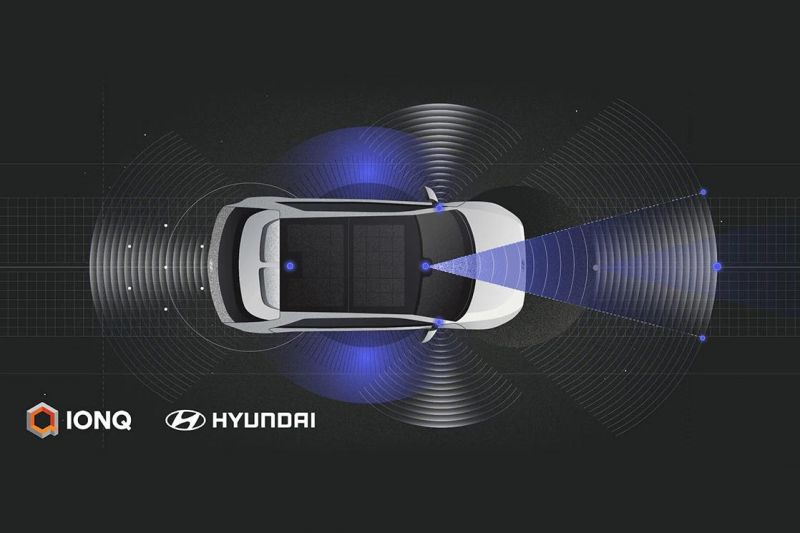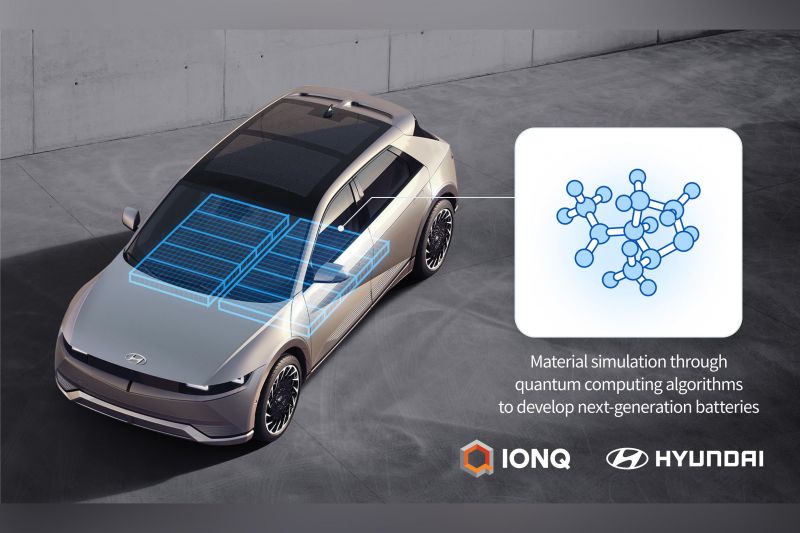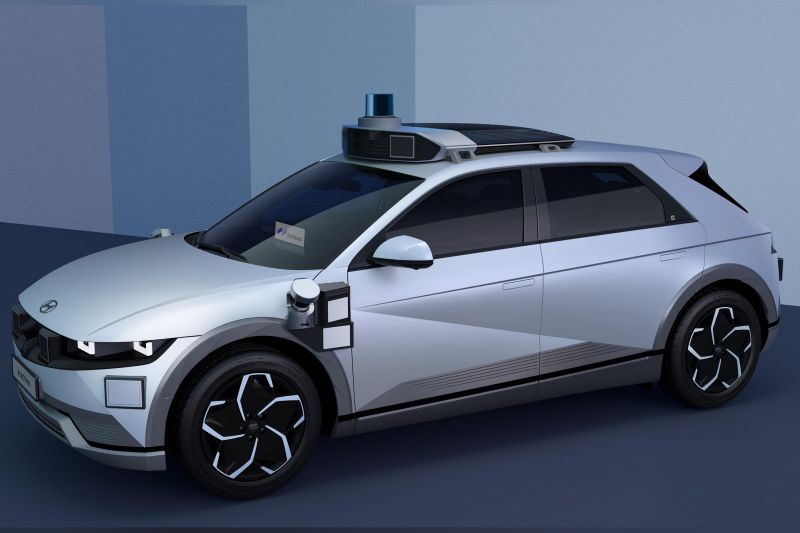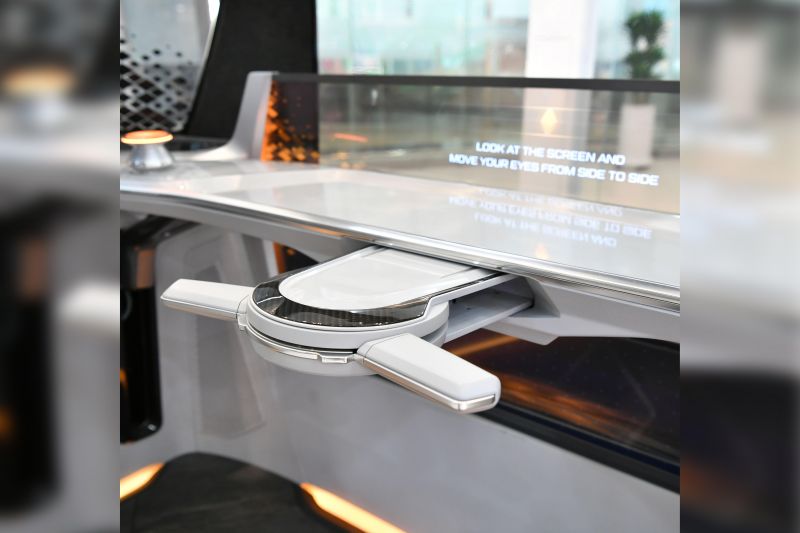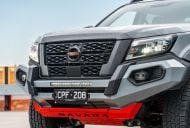Does quantum computing have a future in autonomous driving?
Hyundai Motor has announced it’s expanding its existing partnership with U.S. quantum computing company IonQ to involve a project that applies quantum machine learning to image classification and 3D object detection for autonomous vehicles.
A quantum computer in its simplest form is a machine that does a very specific type of math to perform calculations, but does so at speeds other computers theoretically cannot match.
Hyundai previously limited its partnership with IonQ, which it announced in January 2022, to develop algorithms that could yield greater efficiency and performance from next-generation lithium electric vehicle (EV) batteries.
IonQ quantum computers are different from other quantum computing systems as they use trapped ions, which are claimed to provide superior results to superconducting wire or crystalline silicon.
Hyundai says by encoding images into quantum states, IonQ is “already well underway” in classifying 43 different types of road signs using its quantum processors.
Its next phase is apparently applying the machine learning data to test environments that simulate various real-world scenarios.
Hyundai and IonQ will also expand their current work on recognising road signs to include other objects like pedestrians and cyclists.
“We are excited to expand our existing relationship with Hyundai Motor to focus on another key aspect of next-generation mobility,” said IonQ president and CEO Peter Chapman.
“From partnering on battery research for electric vehicles to image classification and object detection research for automated driving, we expect to see quantum computers become an even more integral part in developing novel transportation solutions.”
IonQ was founded in 2015 and is a leader in trapped-ion quantum computing. It has previously worked with Amazon, Microsoft and Google to develop cloud-based quantum computing software.
Hyundai is aiming to put a self-driving Ioniq 5 Robotaxi into service with the Lyft ride-sharing app in the US from 2023.
Developed by Motional, the Ioniq 5 Robotaxi is said to be a Level 4 autonomous vehicle that’s capable of driving itself without human intervention in situations it was designed to handle, but can still be driven by a person.
It’s fitted with a suite of 30 sensors, including cameras, radar and LiDAR units.
Motional says this hardware gives the car a 360-degree view of the world, and allows for “ultra-long range detection of objects for safe autonomous operation in diverse driving environments”.
Hyundai’s parts and service arm, Hyundai Mobis, has also previously developed a prototype folding steering wheel system for self-driving cars.
Taking two years to develop, this folding steering wheel technology is expected to be implemented in future autonomous Hyundai, Genesis and Kia vehicles.
MORE: Hyundai taps quantum computing for EV performance gains
MORE: Motional to launch self-driving Hyundai Ioniq 5 taxi in 2023
MORE: Hyundai Mobis shows off folding steering wheel

